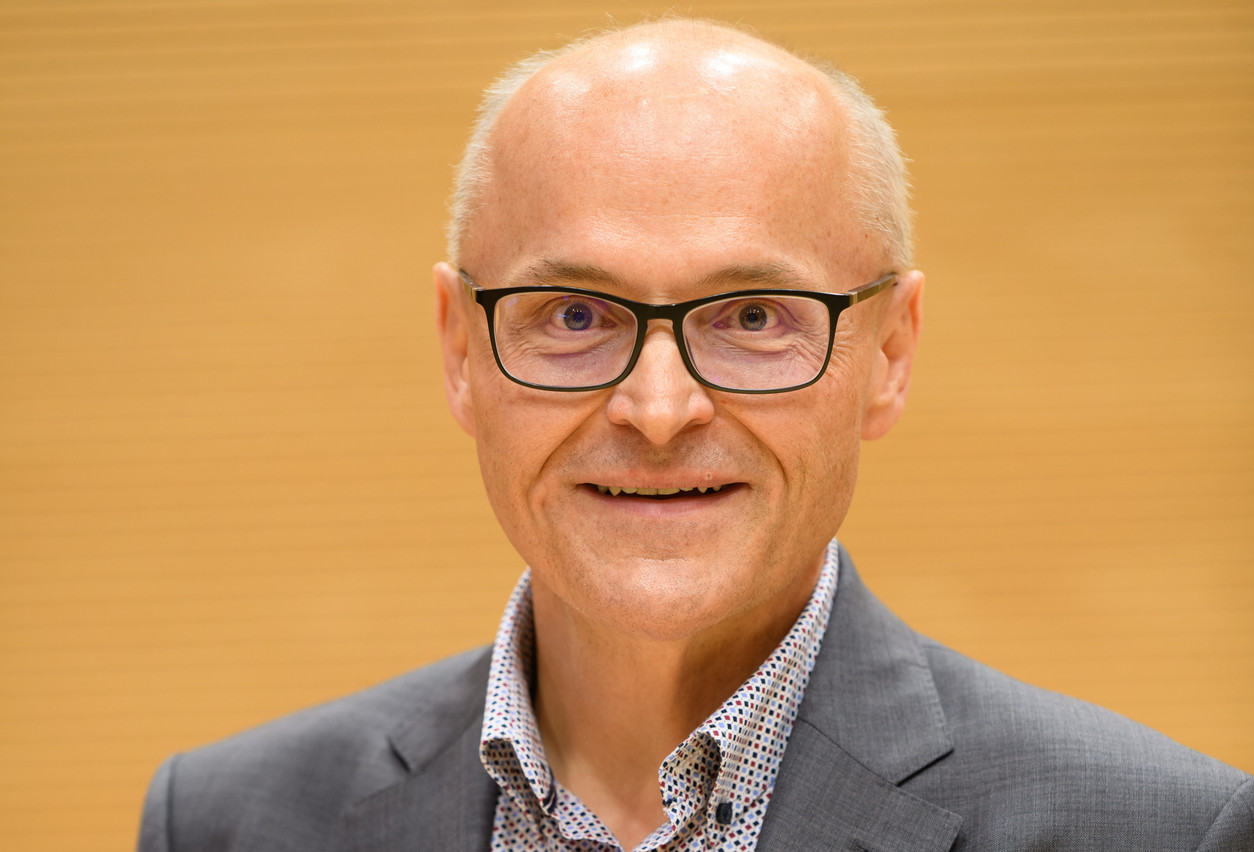Not very well-known, Luxembourg’s federation for self-employed professionals (Fédération luxembourgeoise des travailleurs intellectuels indépendants, FTI) was created on 12 July 1961 in response to the need for the liberal professions to join forces. It was then reactivated on 14 April 1997 under the impetus of the architects and consulting engineers’ order (Ordre des Architectes et des Ingénieurs-Conseils, OAI) and the association of doctors and dentists (Association des médecins et médecins-dentistes, AMMD).
On the occasion of the FTI’s 60th anniversary, the association wishes to highlight the societal role of independent intellectual workers in a society that is changing, sometimes at a rapid pace, under the effects of successive crises and climate change.
You are the director of OAI and coordinator of the FTI. Can you explain who the self-employed intellectual workers are in Luxembourg?
: This sector is often misunderstood, even though self-employed professionals represent 12,000 people and employ 35,000 people in Luxembourg. When we talk about freelance professionals, we are talking about qualified people within a profession with a code of ethics who offer intellectual and conceptual services in the interest of the client and the public. They are therefore to be distinguished from commercial and industrial actors in that freelance knowledge workers are self-employed and have no conflict of interest. They are also freelance professionals who are sometimes regulated by law or self-controlled.
Read also
Can you give concrete examples of liberal professions that are represented by the FTI?
The FTI is the umbrella organisation of the orders and associations of the 12 liberal professions in Luxembourg. More specifically, it represents lawyers, doctors and dentists, architects and consulting engineers, chartered accountants, notaries, auditors, bailiffs, physiotherapists, veterinarians, professional insurance producers, industrial property consultants and medical analysis laboratories.
These are sometimes very different professions. Are they linked by common challenges?
There are several. We need to help the country move towards smart regulation. The independent and liberal professional is very well positioned by being close to the field on a daily basis to understand the issues and find solutions to help policy makers. It is also necessary to let certain professions self-regulate where possible.
The second major challenge is the attraction to the independent and liberal professions. Some professions have problems of attractiveness and opportunity, hence the importance of highlighting the societal role of the independent and liberal professions, and continuing to campaign to highlight the choice to become self-employed and to establish oneself.
Finally, self-employed professionals do not have a professional chamber. It would be interesting to move forward on this issue even if we have very good relations with the UEL and other professional chambers.
A round table discussion in the auditorium of BGL BNP Paribas
To mark the occasion, on Monday 14 November 2022 in the auditorium of BGL BNP Paribas in Kirchberg. Moderated by Nathalie Reuter, it brought together several personalities such as Jean-Yves Pirlot, vice-president of the CEPLIS European Council of the Liberal Professions, Anne Calteux, representative of the European Commission in Luxembourg, Charles Goerens, Luxembourg member of the European Parliament, Géraldine Mersch, lawyer and Michelle Friederici, architect, town planner.
, anthropologist and philosopher, who spoke on the theme “The independent is the future of the collective!”
This story was first published in French on . It has been translated and edited for Delano.
